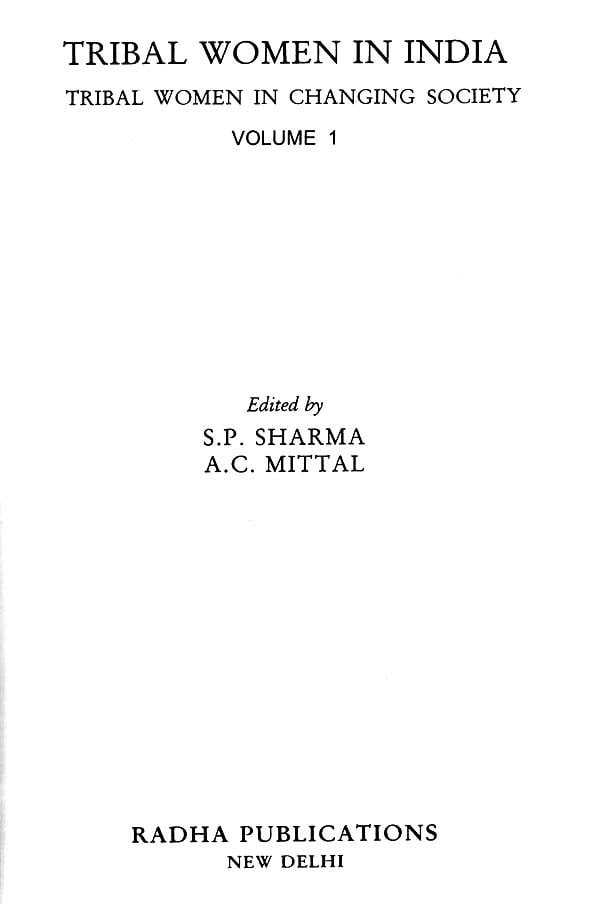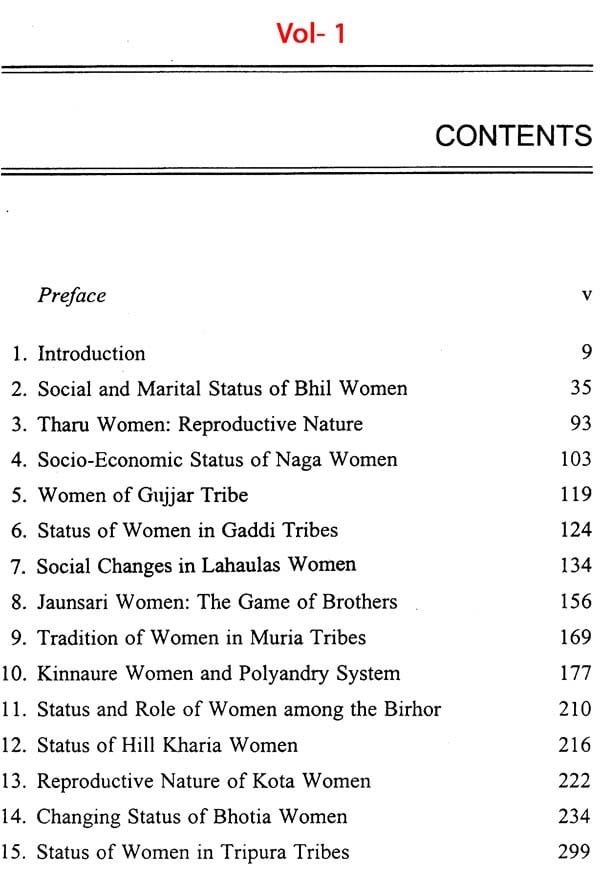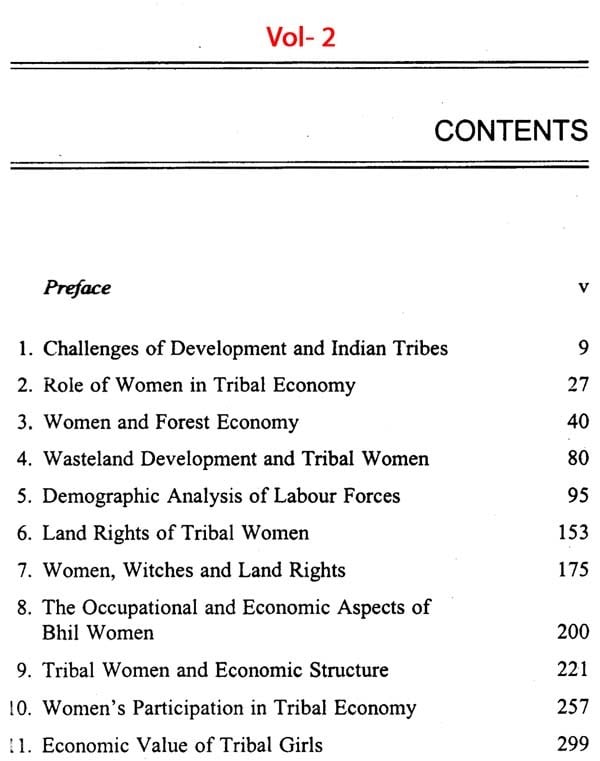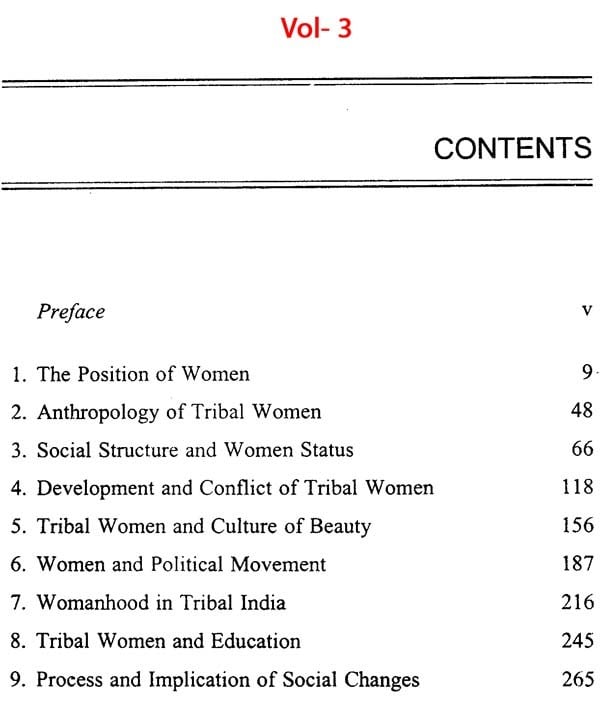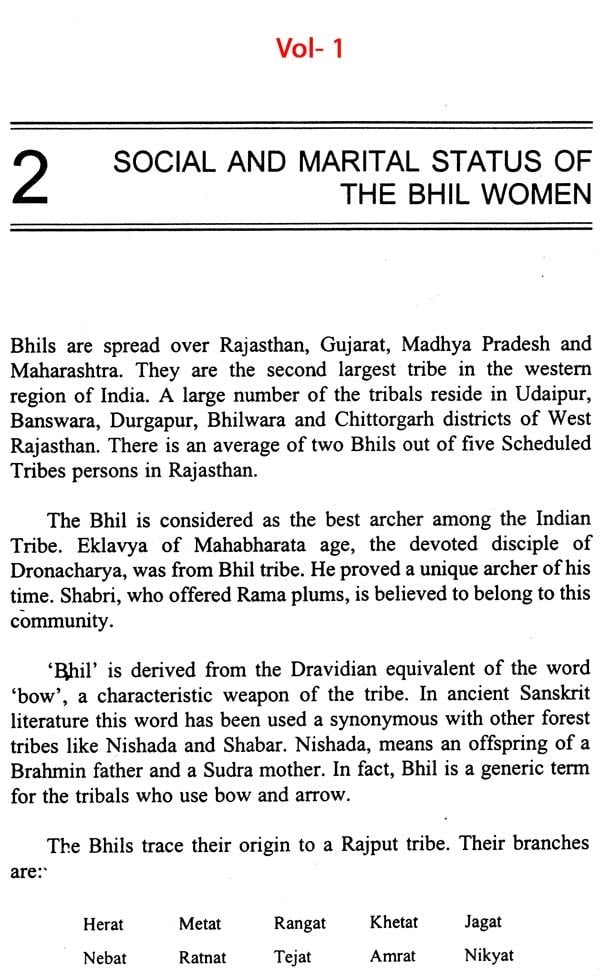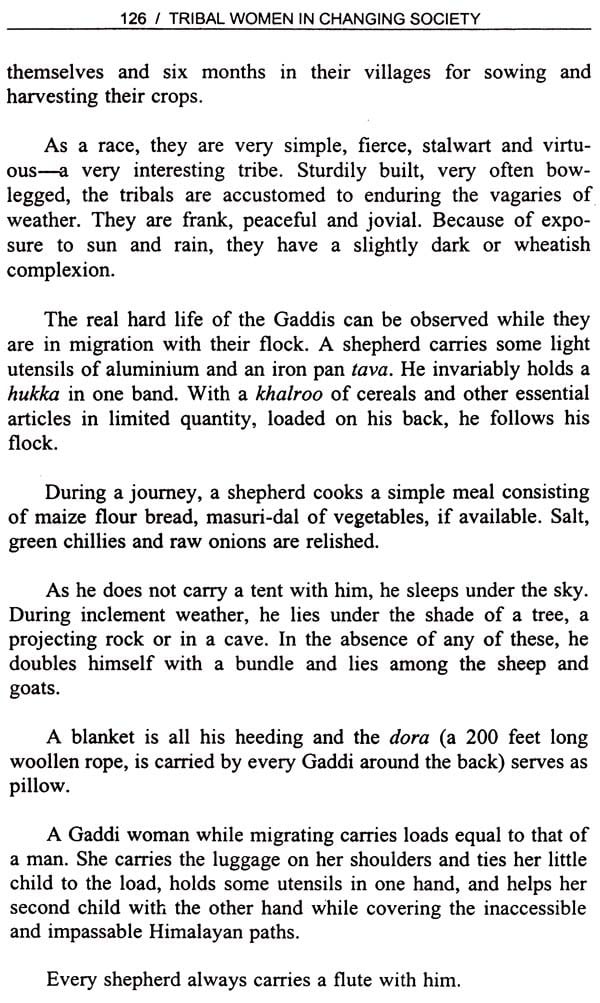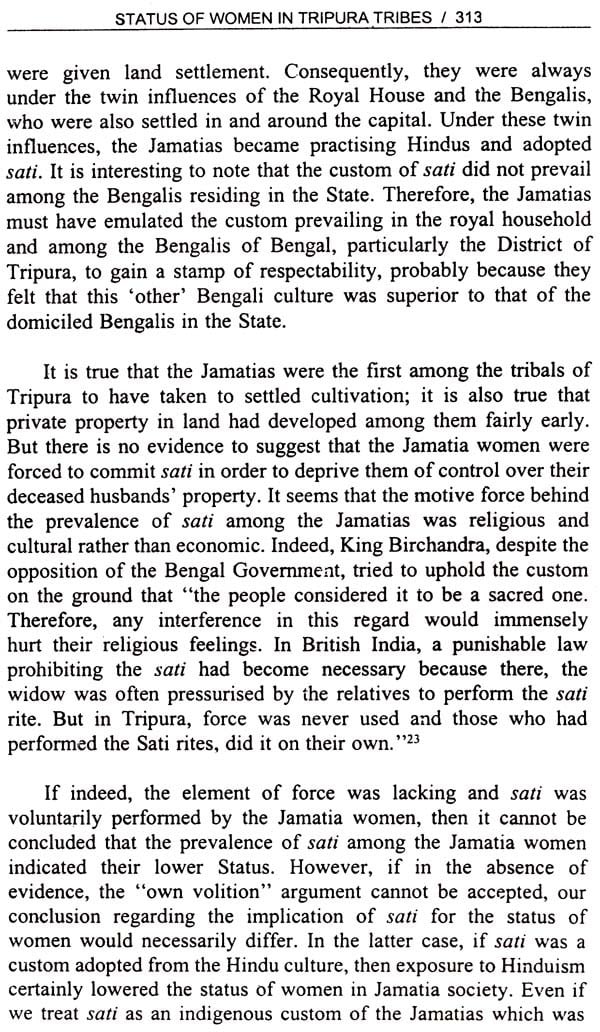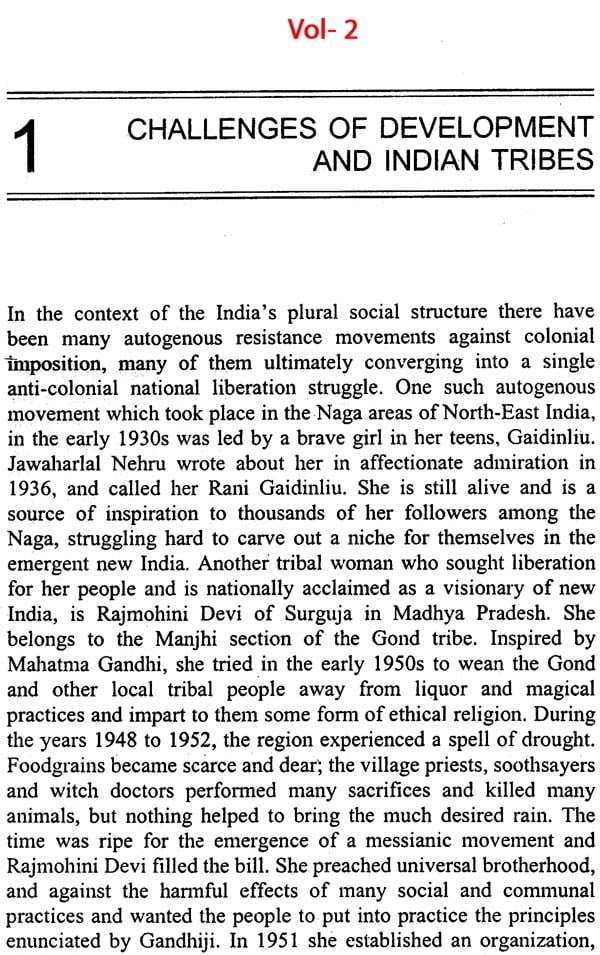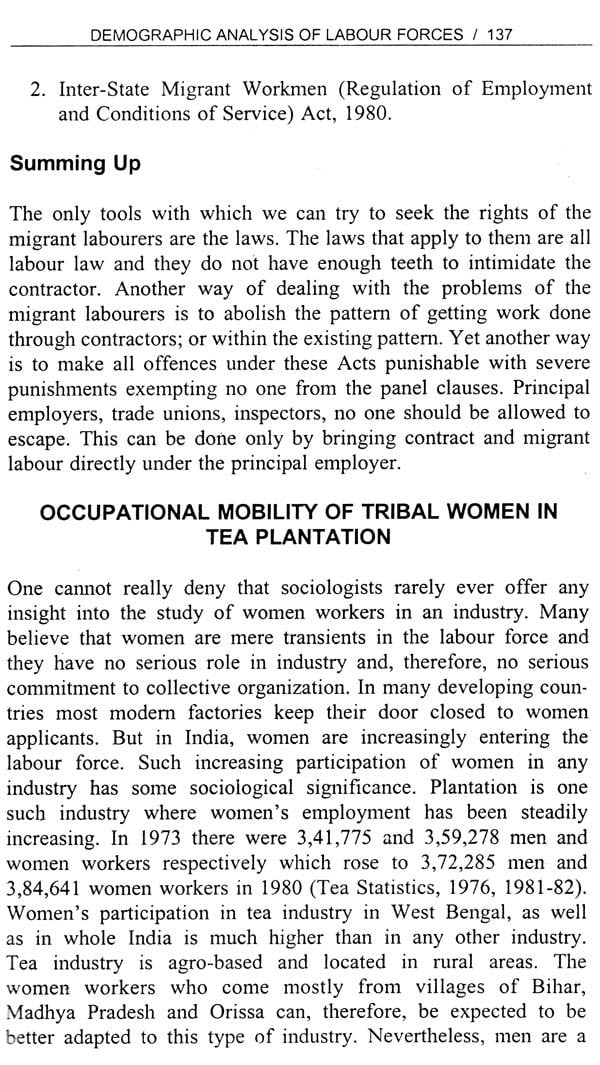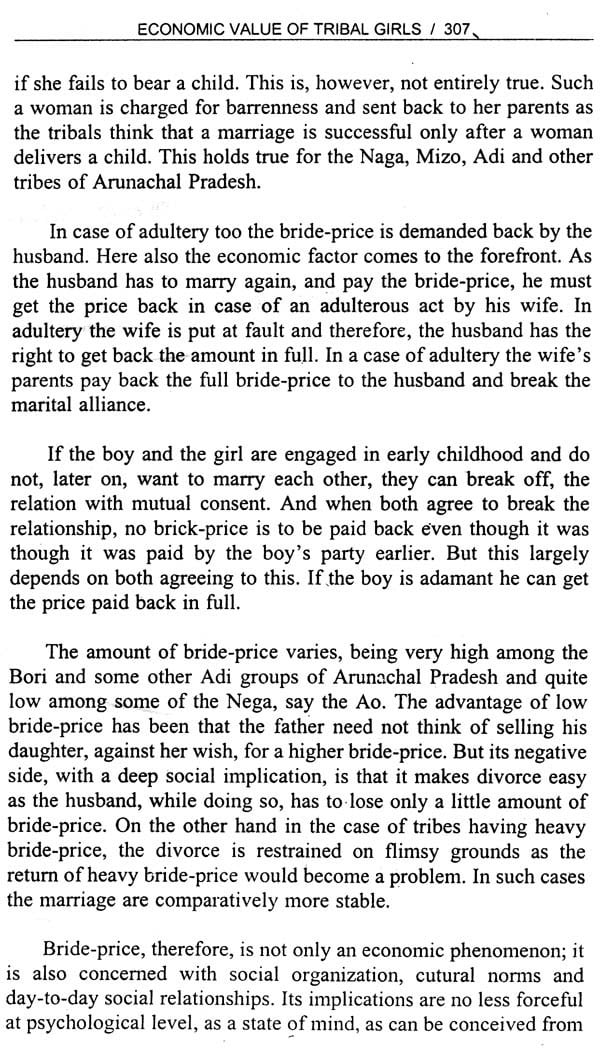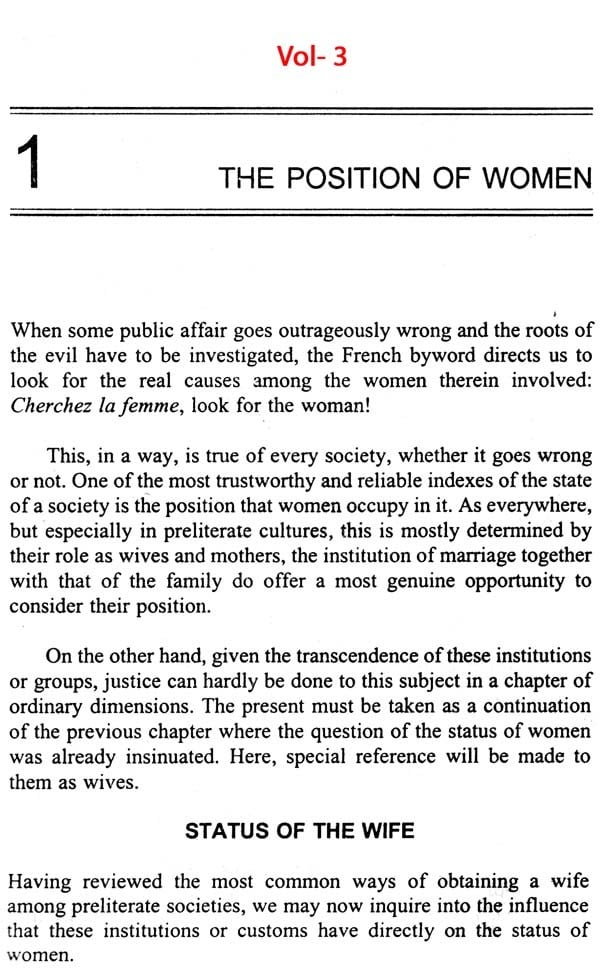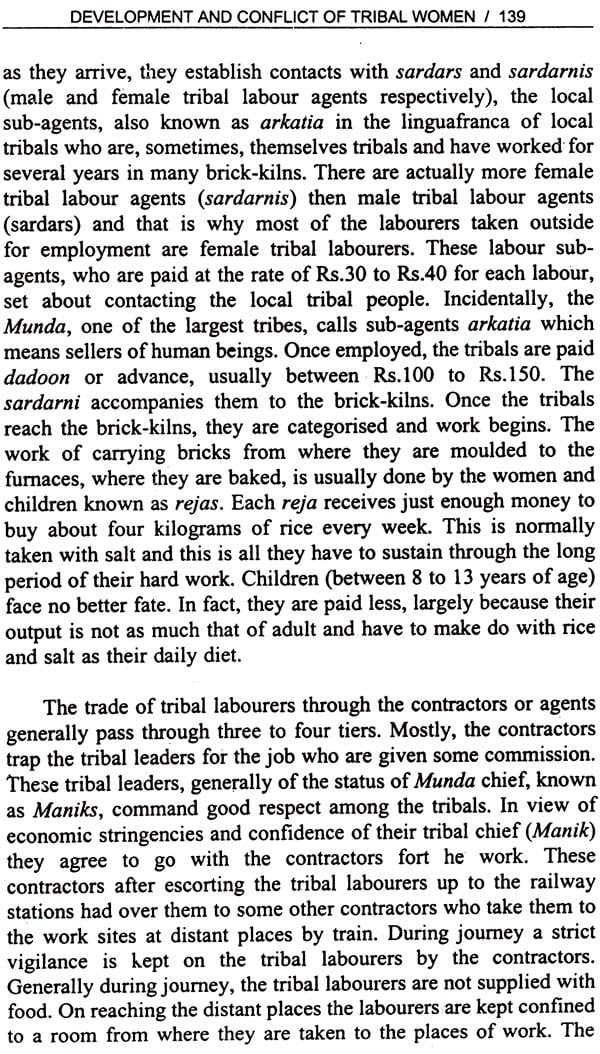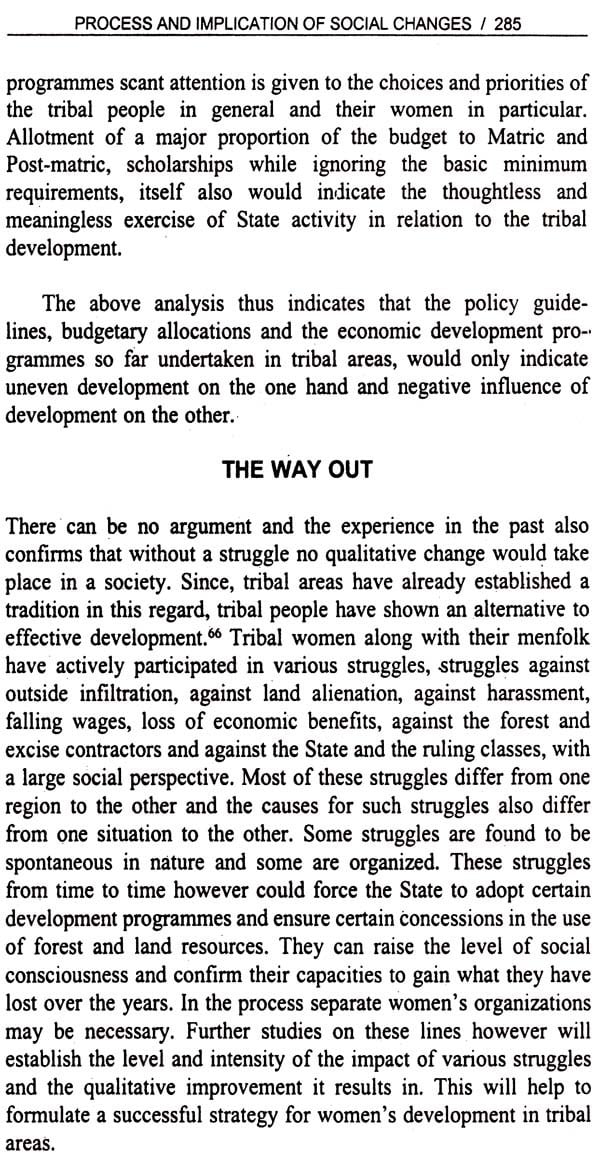About the Book Unlike non-tribal sisters, a tribal woman occupies an important place in socio economic life of her society. They exercise free and firm hand in all aspects related to their socio-economic system. But it is still important to note that the tribal woman is in herself exactly the same as any other woman with the same passions, love and fears and devotion to their home, husband and children. This triple volumes work Tribal Women in India is a comprehensive analysis of the tribal women in India. First volume "Tribal Women in Changing Society" deals with the changing scenario of tribal women in society. However, the second volume "Women in Tribal Economy" throws light on the economic contribution of women in tribal family and society, while the third volume "Tradition and Modernity of Tribal Women" highlights the tradition and modernity of women in Indian tribes.
About the Authors S.P. Sharma (b. 15 August 1960) has passed M.A. (Pol. Sc.) from Meerut University, Meerut (U.P.) and B.Ed. from Lal Bahadur Shastri Sanskrit Vidyapeeth, Delhi. Presently, he is teaching in Inter College, Meerut. He has produced several research papers in national and international journals.
Dr. A.C. Mittal is currently Head of Department of Economics, A.S. College, Lakhaoti. He has been teaching Graduate and Post Graduate classes for the last several years. He has contributed a number of research papers in various journals and seminars. He has also written books on Indian Economics, Statistics, Foreign Aid etc.
Preface The triple volumes work is a comprehensive study of the tribal women in India. The first volume produces a true picture of the tribal women in changing society. However, contribution of women in the tribal economic system has been discussed in the second volume. Third volume deals with the tradition and modernity of the tribal women.
A tribal woman occupies an important place in the socio economic and political structure of her society. They exercise free and firm hand in all aspects related to their social and economic life. But it is still important to emphasize that the tribal woman is in herself exactly the same as any other woman with the same passion, love and fears, the same devotion to the home, to husband and two children, the same faults and the same virtues. Though the tribal women are away from the main stream of national life, but they are not kept away from the impact of socio-economic changes effecting the neighborhood or society in general. In the process of change, the tribal woman is forced to adhere to certain norms which may even take away her freedom, her control over the traditional productive system, her house, family and children and even her own life. The process of such alienation has an impact on the tribal women.
Introduction There are two dominant views regarding the status of tribal women. One suggests the equality of status of men and women and the other argues that women occupy a lower status in tribal societies. The socialist feminists following Marx and Engels lend support to the former point of view. According to Marx and Engels, Women occupied not only a free but also a highly respected position among all savages and all barbarians of the lower and middle ages and partly even the upper stage'. They advanced a historical explanation of the dialectical relationship between the developments in the means of procuring food, the rise of private property in them, the evolution of monogamy and the subjection of women. Similar, views are expressed if we consider Lowie's work in recent anthropological studies. Writing of the Crow Indians of North America he says, 'Women were emphatically not chattels', that 'altogether the position of women was far from unfavorable', that 'there were very few feminine disabilities in religious matters', that 'altogether Crow women had a secure place in the tribal life and a fair share in its compensation".?
In general almost all early anthropological writings whether of Bach fan or Henry Maine supported this view viz., that 'women in primitive society enjoyed status equal to that of men'. However, some later scholars have demolished both the notions that there is a universal evolutionary scheme, and that women in societies with matrilineal descent have a particularly lofty status.
**Contents and Sample Pages**
